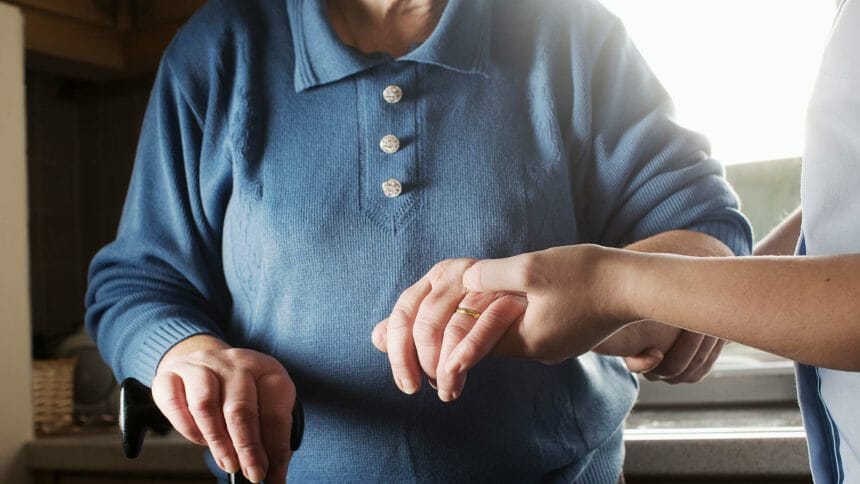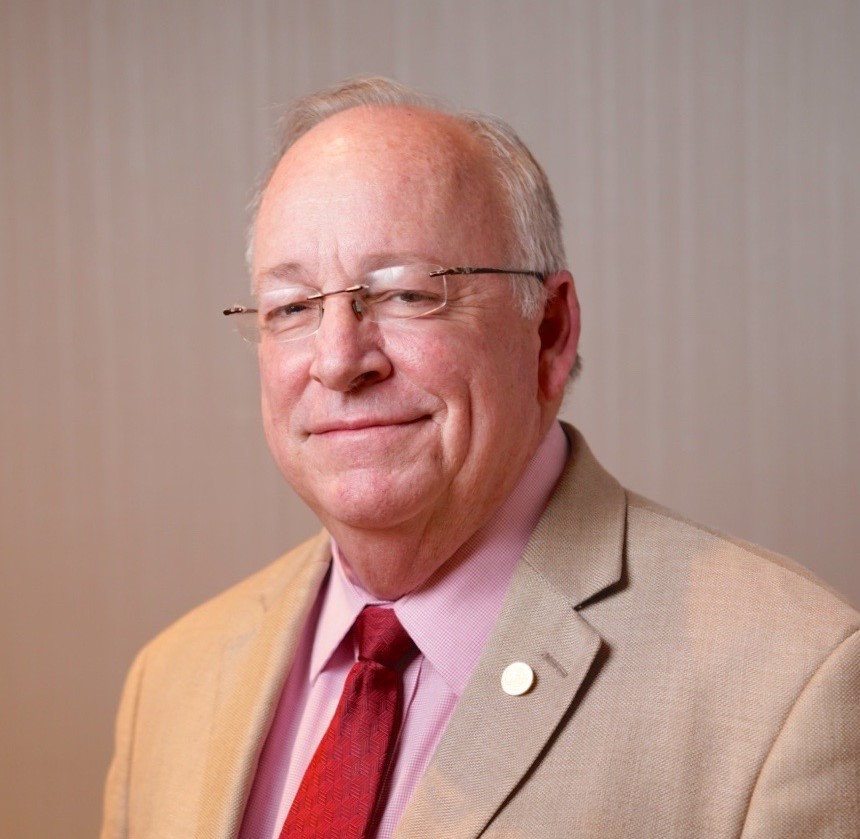
As Hurricane Ida left a path of destruction in her wake Monday morning, Louisiana Home Care Association CEO Warren Hebert was busy reaching out to members to assess damage.

“Down in that southeast corner of the state we will have businesses that were impacted by storm surge where we will have the added experience of all of the wind damage. Buildings will have been destroyed,” Hebert told McKnight’s Home Care Daily. “Not only are they going to be responding to the work challenges in which they’ve lost offices and supplies, but also to the challenge of trying to have staff who are responding to their families and their homes being destroyed.”
Evangeline Home Health Agency has several offices, including Houma and New Orleans, that were in the direct path of the storm. Guy Davis, Evangeline’s regional director of strategic initiative, told McKnight’s Home Care Daily the company is still determining the extent of damage.
“Power may not be up for three weeks and patients are scattered across several states due to evacuation. Our staff are all accounted for, but we do not yet know the extent of their personal loss,” Davis said in an email.
Fortunately for Professional Home Health Services, Ida barely grazed its offices, staff and clients in southwestern Louisiana. With that kind of good luck, the company wants to lend a hand to other home healthcare agencies and their clients who didn’t fare as well in the storm.
“For so many of our elderly and disabled access to medications, safe drinking water, and safe food preparation/storage are vital,” Dee McCoy, director of clinical operations for Professional Home Health Services, told McKnight’s Home Care Daily in an email. “We have nurses ready and available to travel to affected areas to assist as the local staff may be focused on their own homes/families.”
For many in Louisiana, Ida felt like a repeat of Hurricane Katrina, the devastating storm that tore through the Gulf Coast 16 years ago Sunday, leaving 1,800 people dead. Both storms were similar in size and quickly gained strength in the Gulf of Mexico. But this time around, Hebert is hopeful the home care industry and its clients were much better prepared for potential disaster.
Following Katrina, the state of Louisiana began compiling an at-risk registry that includes the names of people who may need assistance evacuating in the event of an emergency. Home care agencies update the list weekly and also have emergency preparedness plans of their own in place.
“When patients are admitted to home health, no matter what time of the year it is, the question is asked: ‘how are you going to handle evacuation in the event of an emergency?’ Hebert explained. “The agencies have their own plans, depending on where they are located in the state.”
Still, Ida is presenting challenges that Katrina didn’t: a raging pandemic that has already left more than 12,000 in the state dead. Before Ida hit, Louisiana was experiencing its fourth COVID-19 surge, in part because only about 40% of its residents have been fully vaccinated against the coronavirus, according to the Centers for Disease Control and Prevention.
Hebert said the pandemic has made staffing difficult because many workers have been forced to quarantine after being exposed to infected patients or family members. Now, he worries the hurricane and its aftermath will add even more stress to providers and staff.
“We recognize that it has been less than 24 hours since (the hurricane) made landfall, so people have a lot of other things on their minds. It will be a week or two before some of the emotional and psychological strain is going to impact people,” Hebert said.




